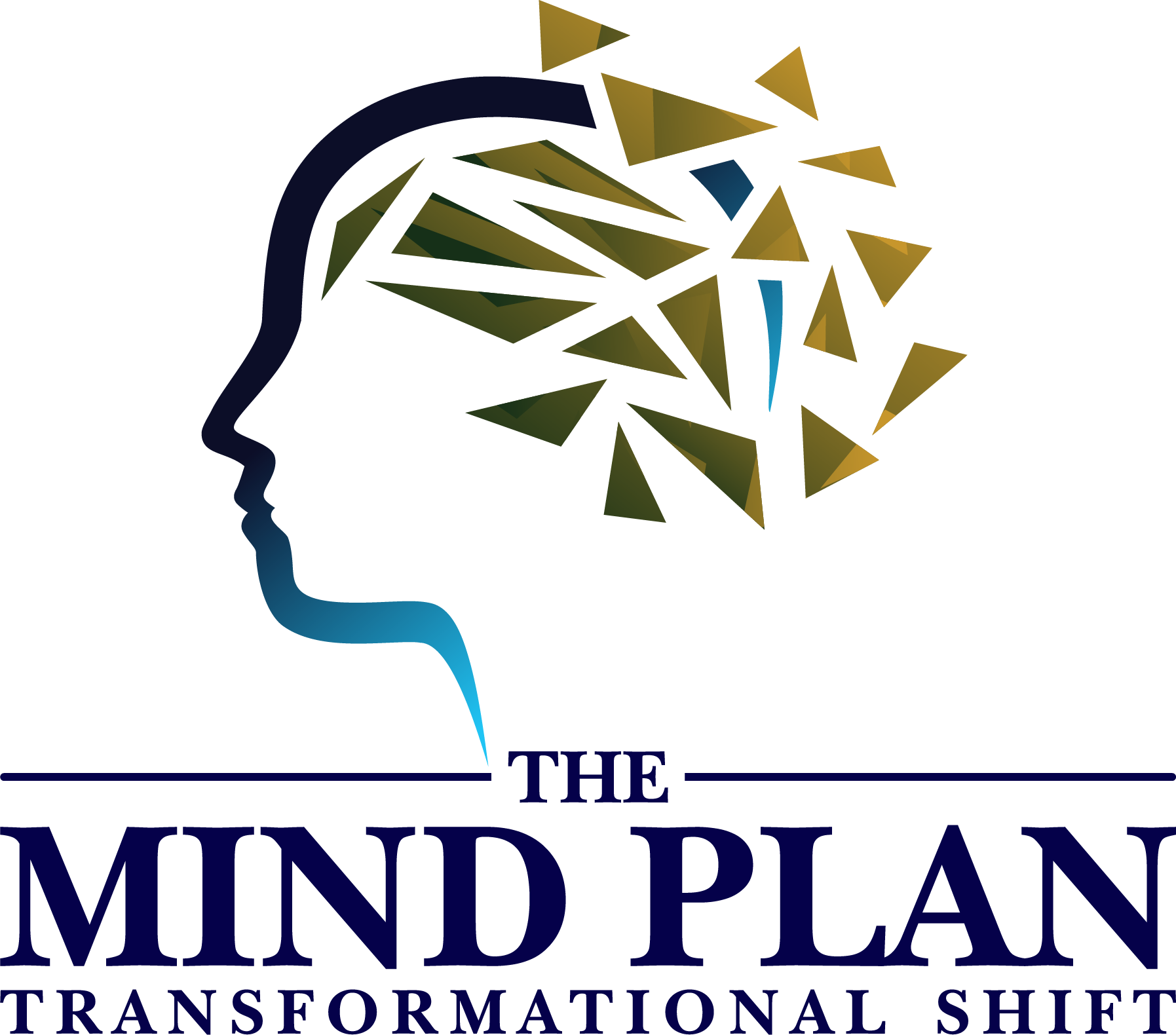Navigating Change
Change is inevitable; it's the only constant in our lives. While we often focus on conscious choices and decision-making, the role of the subconscious mind in navigating change can't be overlooked. This hidden powerhouse works behind the scenes, subtly influencing your behavior, thoughts, and reactions in significant ways. In this article, we explore deep into the unexplored corridors of the subconscious mind to reveal how it can be a pivotal ally in times of change.
Harnessing the Subconscious for Decision-Making
When faced with decisions in life, whether it's changing careers or ending a long-term relationship, your subconscious mind has already compiled a wealth of information based on past experiences, beliefs, and perceptions. It operates like a highly advanced algorithm, processing millions of data points that your conscious mind can't possibly handle. When you 'sleep on a decision', you're essentially letting your subconscious mind take over, working through possible scenarios and outcomes to present you with a considered viewpoint.
Emotional Resilience and the Subconscious Mind
Change often comes with a package of mixed emotions. The subconscious mind stores emotional imprints from past experiences, which resurface during similar circumstances. By tapping into these imprints, you can foster emotional resilience, better preparing you for what lies ahead. Emotional resilience is not about denying your feelings; rather, it's using the subconscious mind's data to understand them better, learning how to control them rather than letting them control you.
Subconscious Mind and Behavioral Patterns
As creatures of habit, we find comfort in familiarity. Any form of change disrupts this equilibrium, leading to stress and anxiety. The subconscious mind holds the blueprint for our habitual actions and thought patterns. By consciously altering these, you can train your subconscious mind to adapt to new conditions more readily. Techniques such as neuro-linguistic programming (NLP) and cognitive behavioral therapy (CBT) are effective tools to reprogram behavioral patterns entrenched in the subconscious mind.
Manifestation and the Subconscious: The Connection
Positive or negative, the subconscious mind plays a crucial role in manifesting reality. Your deep-seated beliefs and expectations set the stage for how you navigate change. Through affirmation and visualization techniques, and using positive language when addressing your circumstances, you can channel the power of your subconscious mind to manifest desired outcomes. The Law of Attraction isn't mere New Age jargon; it's a testament to the untapped power of the subconscious mind, it is about the language you use.
Unlocking Subconscious Insight through Mindfulness
The current buzz around mindfulness isn't unwarranted. This ancient practice has found relevance in modern psychology for a valid reason. Mindfulness serves as a bridge to your subconscious thoughts and feelings, helping you become more aware of your inner world. Mindfulness meditation and deep relaxation are potent tools to unlock insights that are usually drowned out by everyday noise.
The Final Takeaway: Your Subconscious Mind Captain of Your Ship
When navigating the tumultuous waters of change, your subconscious mind can be either your best friend or your worst enemy. It's an untapped reservoir of potential that can either propel you forward or hold you back. Understanding its influence and employing its power can be the difference between merely surviving change and thriving through it.
If you want to explore more about how to connect with your subconscious mind just book a free consultation call --> https://calendly.com/themindplan
